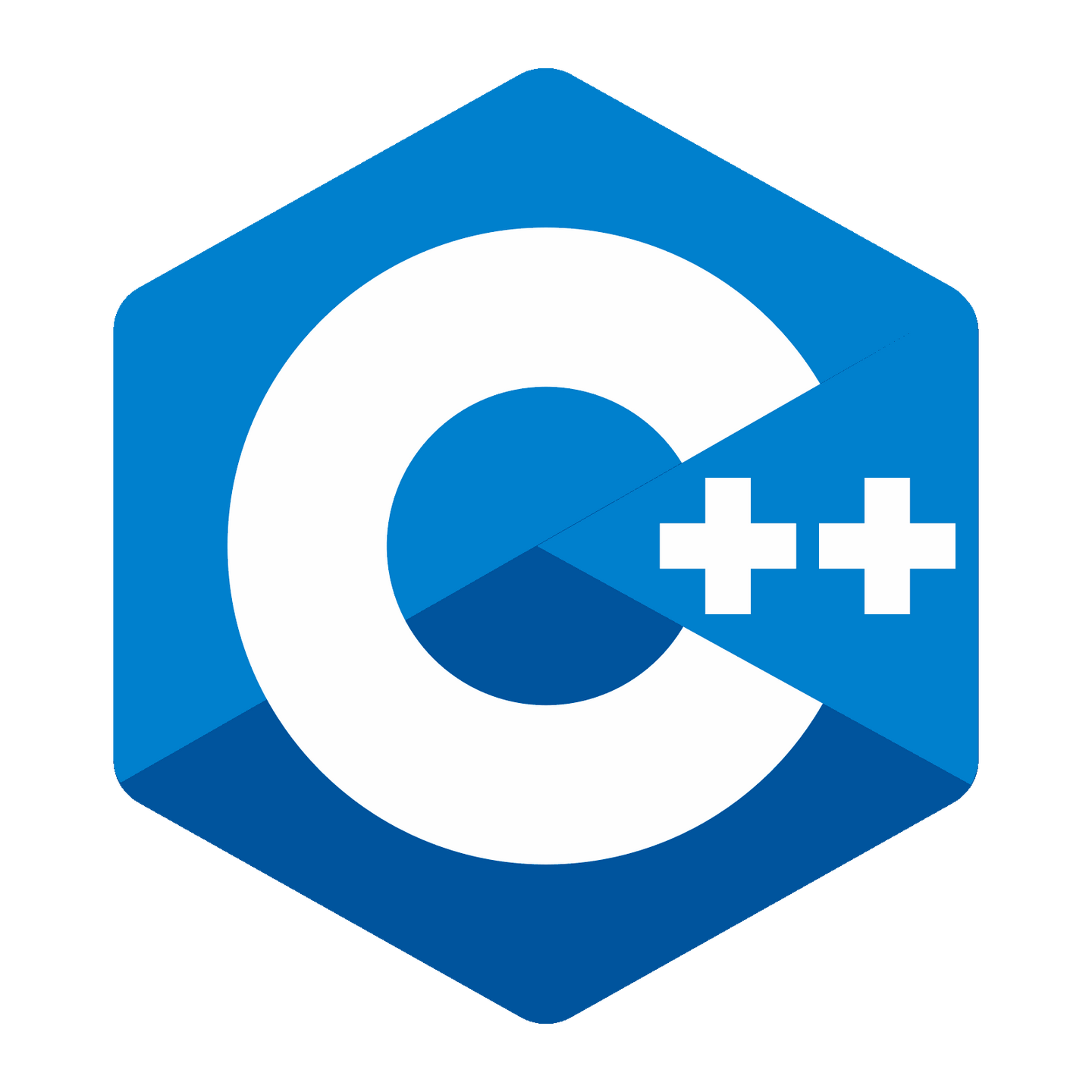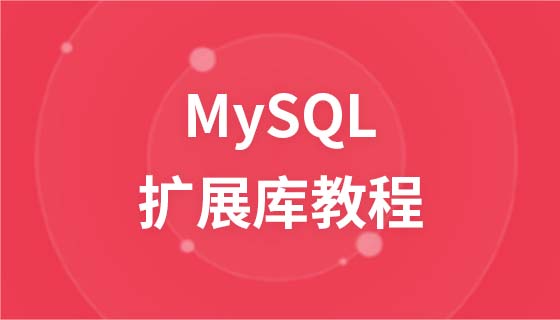
C++开发PHP7/8扩展的高级技巧和调试方法
引言:
在Web开发中,PHP是一种常用的编程语言。然而,有时候我们需要使用C++来编写高性能的扩展,以便与PHP进行更底层的交互和操作。本文将介绍一些C++开发PHP7/8扩展的高级技巧和调试方法,以帮助开发者更好地利用这个强大的工具。
#include <php.h>
// 定义模块信息
ZEND_BEGIN_MODULE_GLOBALS(example)
char *greeting;
ZEND_END_MODULE_GLOBALS(example)
ZEND_DECLARE_MODULE_GLOBALS(example)
// 函数声明
PHP_FUNCTION(example_hello);
// 定义扩展信息
ZEND_BEGIN_ARG_INFO(arginfo_example_hello, 0)
ZEND_ARG_INFO(0, name)
ZEND_END_ARG_INFO()
zend_function_entry example_functions[] = {
PHP_FE(example_hello, arginfo_example_hello)
{NULL, NULL, NULL}
};
zend_module_entry example_module_entry = {
STANDARD_MODULE_HEADER,
"example",
example_functions,
NULL,
NULL,
NULL,
NULL,
NULL,
NO_VERSION_YET,
STANDARD_MODULE_PROPERTIES
};
#ifdef COMPILE_DL_PHPEXAMPLE
ZEND_GET_MODULE(example)
#endif
// 初始化全局变量
static void php_example_init_globals(zend_example_globals *example_globals)
{
example_globals->greeting = NULL;
}
// 模块初始化和销毁函数
PHP_MINIT_FUNCTION(example)
{
ZEND_INIT_MODULE_GLOBALS(example, php_example_init_globals, NULL);
return SUCCESS;
}
PHP_MSHUTDOWN_FUNCTION(example)
{
return SUCCESS;
}
PHP_RINIT_FUNCTION(example)
{
return SUCCESS;
}
PHP_RSHUTDOWN_FUNCTION(example)
{
return SUCCESS;
}
PHP_MINFO_FUNCTION(example)
{
php_info_print_table_start();
php_info_print_table_row(2, "Example support", "enabled");
php_info_print_table_end();
}
// 定义函数
PHP_FUNCTION(example_hello)
{
char *name = NULL;
size_t name_len;
if (zend_parse_parameters(ZEND_NUM_ARGS(), "s", &name, &name_len) == FAILURE) {
return;
}
php_printf("Hello, %s!", name);
}
zend_string *str = Z_STR_P(arg); std::string cpp_str(str->val, str->len);
zval ret; ZVAL_STRING(&ret, cpp_str.c_str()); return ret;
HashTable *ht = Z_ARRVAL_P(arg);
ZEND_HASH_FOREACH_VAL(ht, val) {
zval *elem = val;
// 使用elem进行操作
} ZEND_HASH_FOREACH_END();zval arr;
array_init(&arr);
for (const auto& elem : cpp_arr) {
add_next_index_string(&arr, elem.c_str());
}
return arr;php_printf函数来输出调试信息:php_printf("Debug message: %s
", message);#ifdef PHP_EXAMPLE_DEBUG
#define EXAMPLE_DEBUG 1
#else
#define EXAMPLE_DEBUG 0
#endif
// 启用调试模式
if (EXAMPLE_DEBUG) {
zend_string *debug_str = strpprintf(0, "Debug mode is enabled");
php_error(E_NOTICE, "%s", debug_str->val);
zend_string_release(debug_str);
}
$ phpize $ ./configure --enable-example-phpdebug $ make
然后使用GDB调试扩展:
$ gdb --args php -d extension=/path/to/example.so -r 'echo example_hello("World");'
(gdb) run$ valgrind --tool=memcheck php -d extension=/path/to/example.so -r 'echo example_hello("World");'结论:
本文介绍了一些C++开发PHP7/8扩展的高级技巧和调试方法。掌握这些技巧和方法可以帮助开发者更好地利用C++来编写高性能的PHP扩展,并解决扩展开发过程中遇到的问题。希望本文对你在C++开发PHP扩展的过程中有所帮助。
立即学习“PHP免费学习笔记(深入)”;
以上就是C++开发PHP7/8扩展的高级技巧和调试方法的详细内容,更多请关注php中文网其它相关文章!

c++怎么学习?c++怎么入门?c++在哪学?c++怎么学才快?不用担心,这里为大家提供了c++速学教程(入门到精通),有需要的小伙伴保存下载就能学习啦!




Copyright 2014-2025 https://www.php.cn/ All Rights Reserved | php.cn | 湘ICP备2023035733号